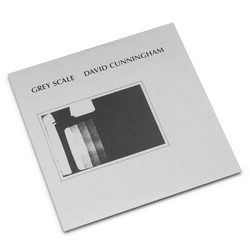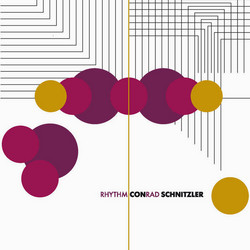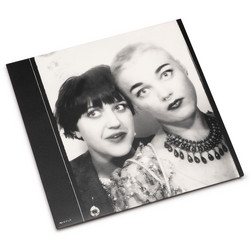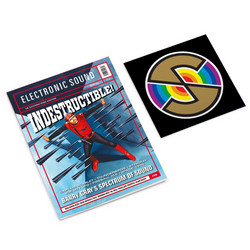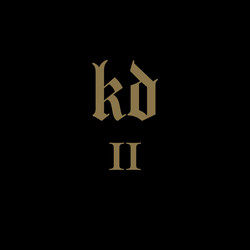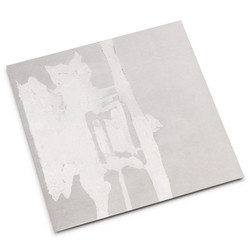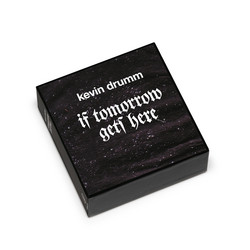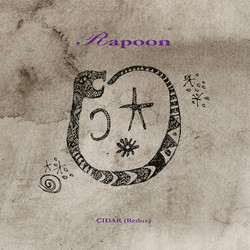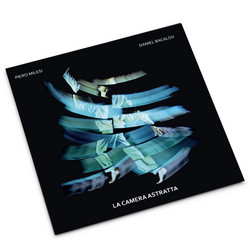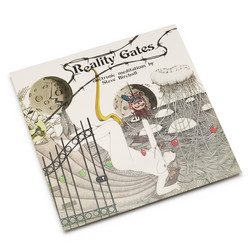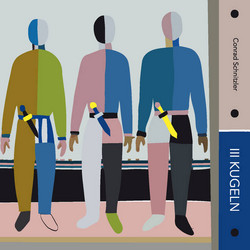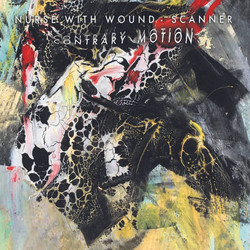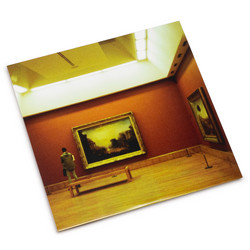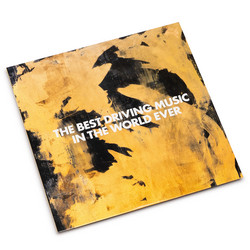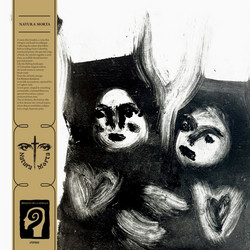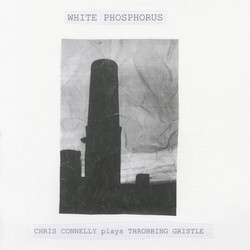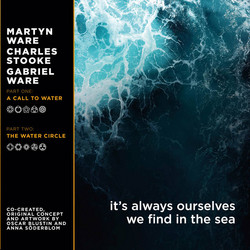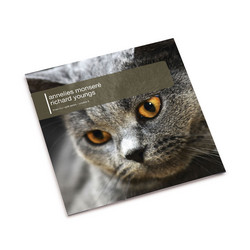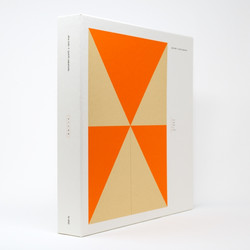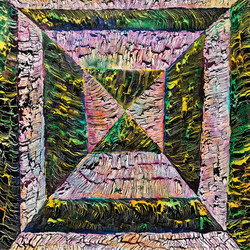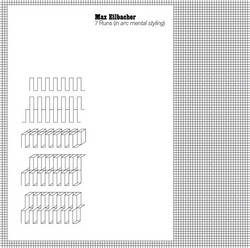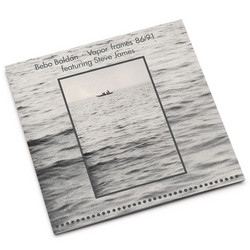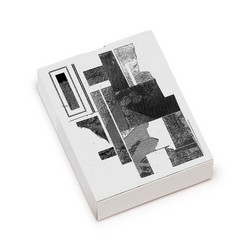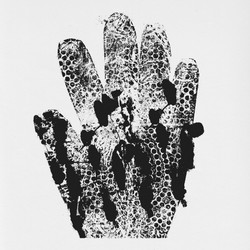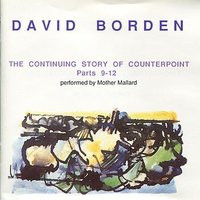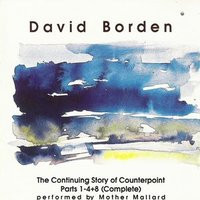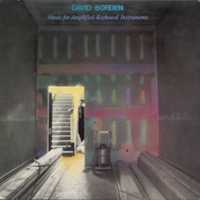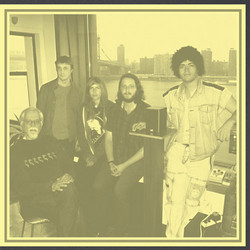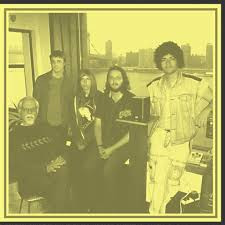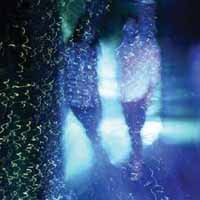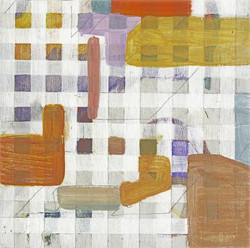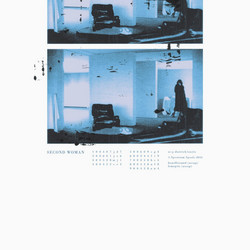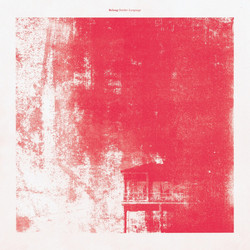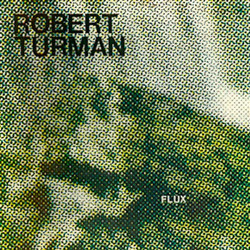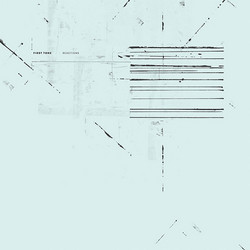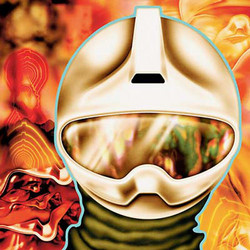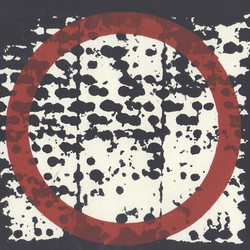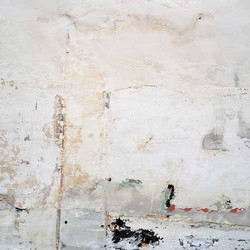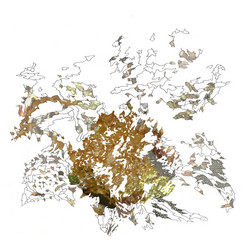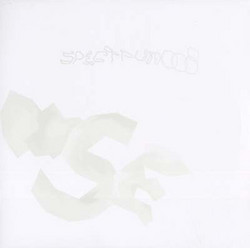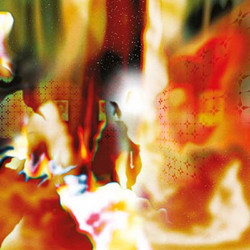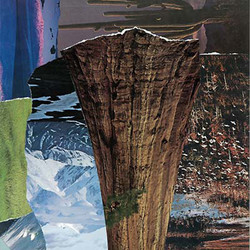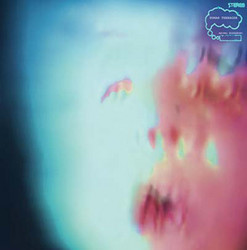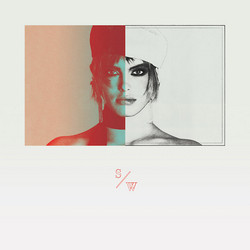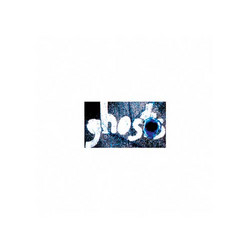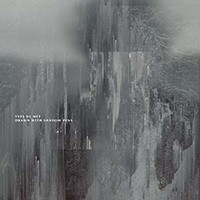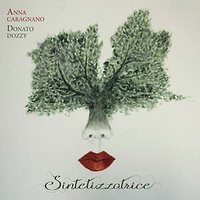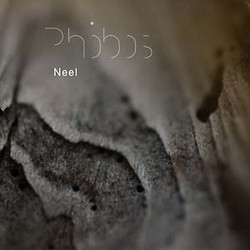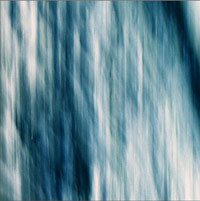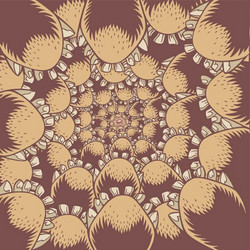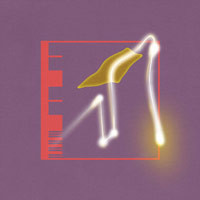CD version. Spectrum Spools presents the first reissue of American minimalist composer and electronic music pioneer David Borden's 1981 masterpiece, Music for Amplified Keyboard Instruments, a work of the highest archival significance.
A radiant achievement in sonic elegance, experimentation, and ambitious composition technique, Music for Amplified Keyboard Instruments contains four pieces, each utilizing three players and six keyboard instruments.
- Borden was a central figure in the development of American minimalism: he was one of the first people to beta test Bob Moog's modular synthesizer systems, his Earthquack Records imprint inspired Mimi Johnson to found the legendary Lovely Music, Ltd. with Robert Ashley, and he formed the first all-synthesizer ensemble, Mother Mallard's Portable Masterpiece Company, in 1969. If there were ever a missing link in American minimalism, Borden is it. Music for Amplified Keyboard Instruments is his masterpiece, released in 1981 to little fanfare on the now-defunct Dutch label Red Records. As its reputation has grown, most listeners have had to settle for compressed YouTube clips and poor vinyl-to-digital transfers, with original copies increasingly rare and expensive. Now, 34 years after its original release, Spectrum Spools presents the first reissue of Music for Amplified Keyboard Instruments, after recovering in Borden's private archives the only known safety master. Music for Amplified Keyboard Instruments contains four pieces, each utilizing three players and six keyboard instruments. "Etsy Point, Summer 1978" begins with a mournful, ominous mood and slowly blossoms into an immense, humid labyrinth of colorful, buzzing textures and howling melodies. "The Continuing Story of Counterpoint" is a 12-part cycle for synthesizers, acoustic instruments, and voice, upon which Borden labored for over 11 years. Parts nine and six, included here, are miraculous achievements in prodigious playing technique, remarkable mosaic-like structure, and aural magnitude, operating in the relative terrain of Steve Reich's Music for 18 Musicians and Terry Riley's Dervishes pieces. The "Counterpoint" pieces here are rigidly arranged with breakneck key changes and intricate time signature maneuvering. The resulting audio conjures kaleidoscopic patterns of beautiful melodies and compositional anatomy unparalleled in much of American minimalism. "Enfield in Winter" displays some of Borden's more ambient leanings, with slow, morphing drones and gentle pad sounds that erupt into shimmering patterns backed by a grandiose chord progression. Music for Amplified Keyboards represents a veritable zenith in Borden's corpus; a radiant achievement in sonic elegance, experimentation, and ambitious composition technique, and a work of the highest archival significance. Music for Amplified Keyboard Instruments was remastered with love and transparency by Giuseppe Tillieci at EnissLab, Rome. These newly remastered works are superior to the original vinyl master, giving the world a chance to hear this remarkable work in the highest possible fidelity across multiple formats. Includes extensive liner notes and photos by Borden.
"Originally released in 1981 on Red Records, Music For Amplified Keyboard Instruments collects four of Borden’s post-Mallard compositions. Stylistically speaking, they are a direct continuation of that group's work. Indeed, they even involve the same instruments—the MiniMoog, Moog Modular, and RMI electronic piano—which Borden retained after the band split up. Now remastered and reissued by Spectrum Spools, the record still stands as an excellent work of minimalist composition and also an important piece of American electronic music. A number of early Moog oriented records involved shoehorning the instrument into existing repertoire (think "Switched on Bach" or "Switched on Country") or using it as a spacey aside within the context of prog or psychedelic rock. Music For Amplified Keyboard Instruments is different, and arguably more interesting, in that it involves new work composed specifically for that synthesizer." Pitchfork
"Minimalist composer Borden’s 1981 album of solo and trio works for electric piano and synthesizers, exploring long, logical progressions and graceful symmetries, was an uncharacteristically reserved collection for the man best known for his work with Mother Mallard’s Portable Masterpiece Company, one of the world’s first synthesizer ensembles. Frances Morgan said: “A generous communal sound abides even when the other musicians aren’t there, and even when the most forbidding technology is being used.” TheWire Best Albums of 2015
